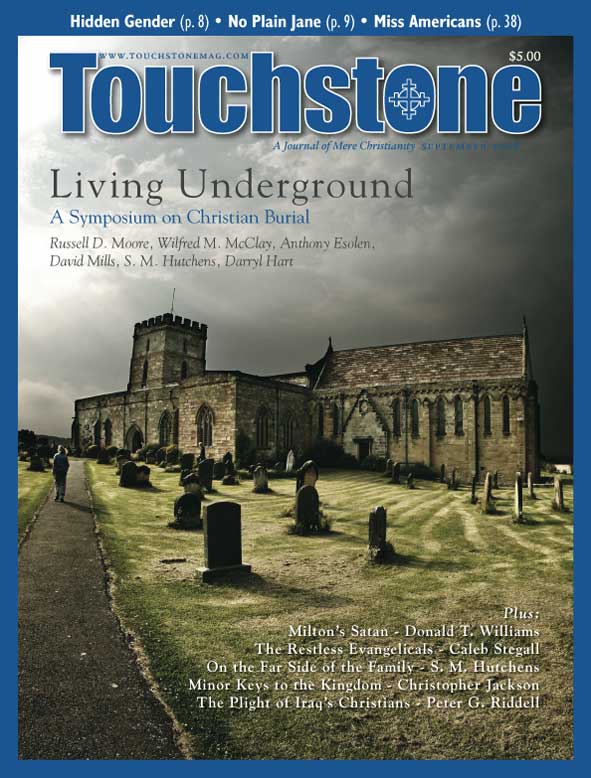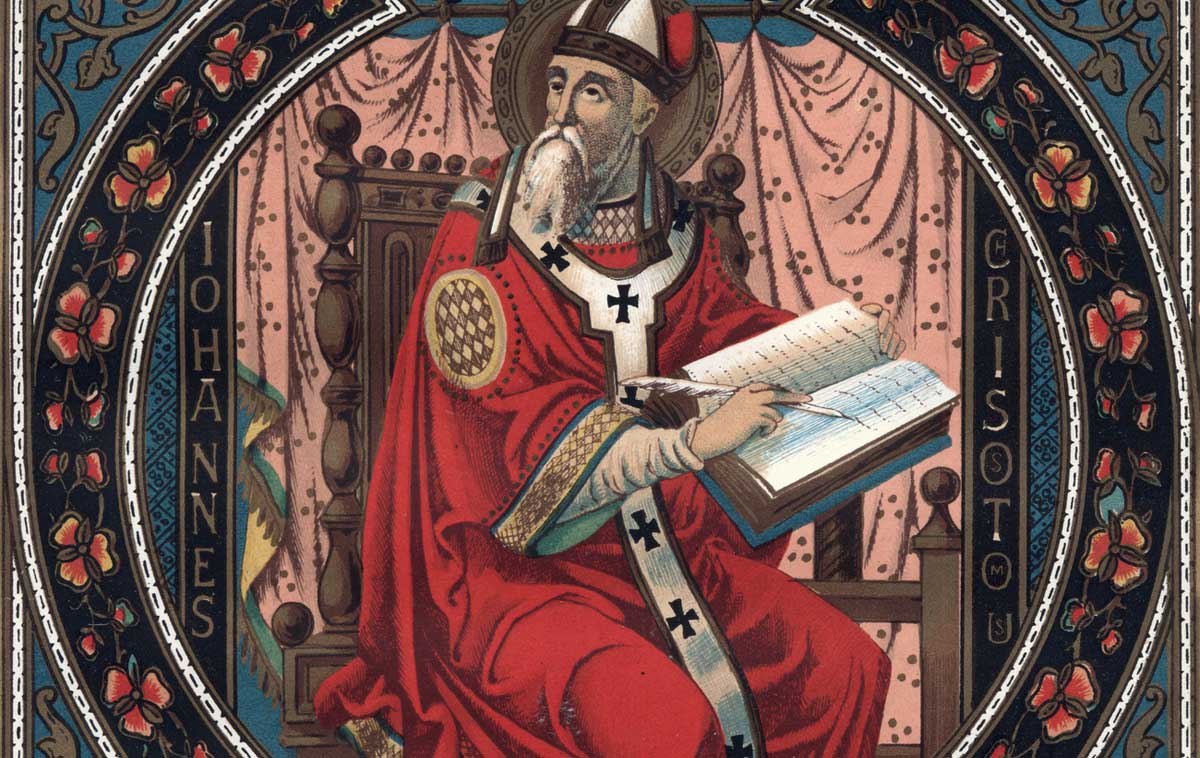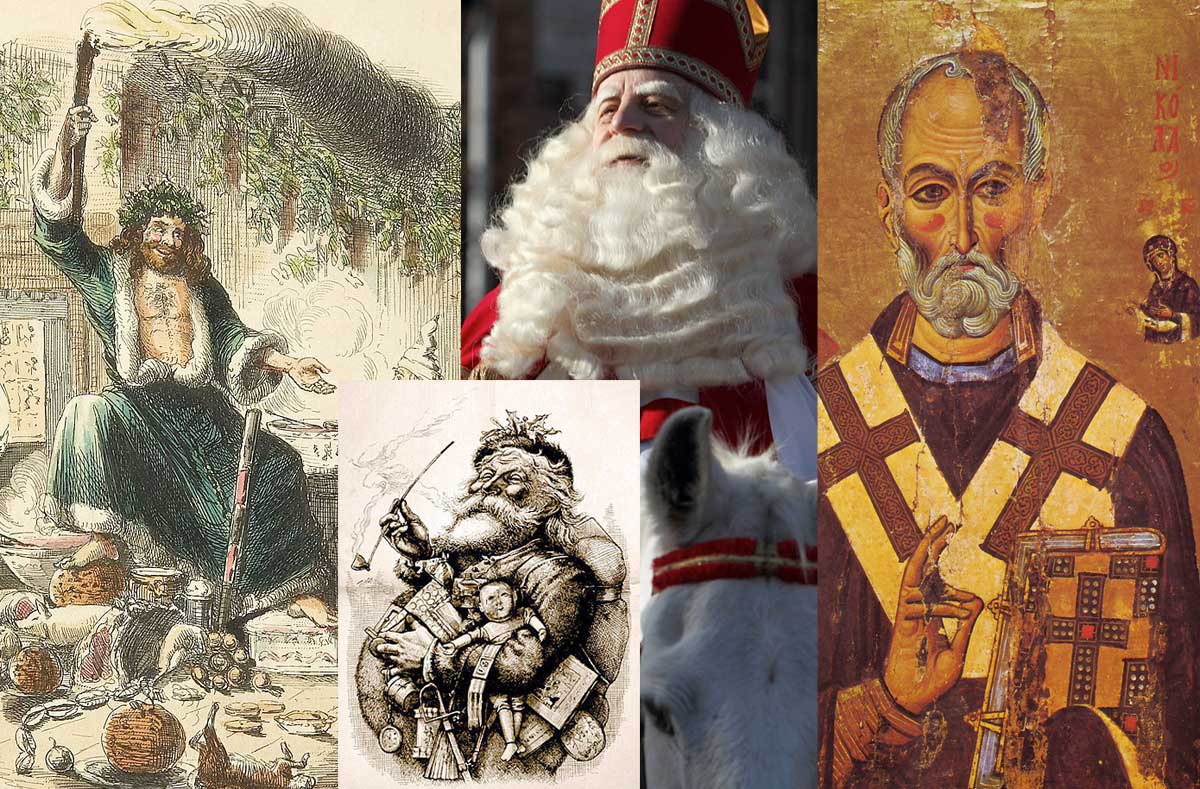Restoring a Reformer
Calvin, Participation, and the Gift: The Activity of Believers in Union with
Christ
by J. Todd Billings
Oxford University Press, 2007
(218 pages, $100.00, hardcover)
Image and Word in the Theology of John Calvin
by Randall C. Zachman
University of Notre Dame Press, 2007
(548 pages, $55.00, hardcover)
reviewed by Peter J. Leithart
In the popular imagination, John Calvin remains the dour, tyrannical, unrelentingly pessimistic preacher of predestination and depravity, whose zealous fingers itched for the faggot that would set the latest heretic aflame. He has had able defenders, Pulitzer Prize novelist Marilyn Robinson surprisingly among them. But not enough. Almost five hundred years from his birth, he’s still looking for a decent press agent.
Theologians have different prejudices against Calvin, but they have their prejudices nonetheless. In different ways, Todd Billings and Randall Zachman both address academic distortions of Calvin’s theology. Though neither is exhaustive, each sketches the main contours of Calvin’s thought from an unexpected vantage.
The Participatory Calvin
A revision of his Harvard doctoral thesis, Billings’s Calvin, Participation, and the Gift is the more polemical of the two. His target is the portrayal of Calvin’s theology found in the “Gift theologians,” particularly those associated with the Radical Orthodoxy movement, who have placed “gift” at the center of their discussions of grace, revelation, and ethics.
Their critique is nicely summarized by the historian Natali Zemon Davis, who argues that Calvin’s emphasis on unilateral grace undoes the divine-human and human-human reciprocity central to medieval theology and life. Calvin reduces human beings to utter passivity and displaces love from the center of Christian existence in favor of more abstract, passive virtues like faith. Human beings are inert recipients, never active givers in their own right.
Along similar lines, Radical Orthodoxy’s triumvirate—John Milbank, Catherine Pickstock, and Graham Ward—charge that Calvin uses the word “participation” but in a far weaker sense than earlier theologians. Because of Calvin’s nominalist assumptions, they charge, “participation” is closer to the idea of “agreement” than to “sharing divine life.” This is especially evident in his doctrine of justification, which reduces it to a legal or “forensic” imputation of Christ’s righteousness. Calvin is thus partially responsible for the collapse of ancient Christian participationist metaphysics (and social theory) into modern contractarian legalism.
The Eclectic Calvin
Billings, who teaches at Western Theological Seminary, demonstrates that such critics misread Calvin. Calvin is neither a nominalist nor indifferent to philosophical questions, but made eclectic use of philosophical concepts as needed for exegesis or theology.
Contrary to the Gift theologians, he argues that Calvin had a robust understanding of participation. It became an increasingly prominent theme as he matured, affecting all areas of his theology, and was worked out in a fully Trinitarian context. Salvation for Calvin means communion with the Father through a participation in the Son that is the gift of the Spirit.
At every point, Calvin’s treatment of participation is qualified by his emphasis on the “double grace” ( duplex gratia) of justification and sanctification, both of which are fruits of engrafting into Christ. Justification is a gift passively received (though Billings shows that this passivity is not wholly passive), as Christ’s righteousness and all he has is forensically imputed to believers.
But this is only one side of his doctrine of salvation. Sanctification is also a fruit of participation in Christ, and it depends on human action and will. Justification and sanctification can be distinguished but not separated, any more than Christ’s divinity and humanity can be separated.
Calvin’s very definition of “sacrament” reflects this double-sidedness. A sacrament is both “an outward sign by which the Lord seals on our consciences the promises of his good will toward us” and also a means to “attest our piety toward him.” The first clause captures the unilateral gift aspect of the sacraments, while the latter shows that Calvin views the communion symbolized and realized in the sacraments as an active participation.
Calvin’s Word
Zachman, who teaches Reformation studies at Notre Dame, is an established Calvin scholar, and his deep familiarity with his subject is evident on every page of his lengthy study. He rarely cites secondary literature, preferring to work from Calvin’s own writings, particularly his commentaries. The result is a work of highest quality refreshingly free of the vices that most specialists indulge.
Though less overtly argumentative than Billings, Zachman addresses distortions of Calvin’s theology as much as he does. Calvin is typically thought of as a theologian of the Word, and hence a theologian obsessed mainly with proclamation and preaching rather than with manifestation. His attacks on the veneration of images contribute to this assessment.
If this is true, then Calvin can be safely ignored by theologians interested in visual arts, sacraments, or liturgy. Zachman thinks Calvin has a lot to contribute to these discussions, and he makes his case by showing that proclamation and manifestation, doctrine and image, word and work are inseparable in Calvin’s thought. Calvin frequently employs visual metaphors, and the interplay of word and image is one of the deep roots of his entire theology.
Instead of rejecting images per se, Calvin contrasts the “dead images” of Roman Catholic piety with the “living images” of purified Protestant Christianity. Christ is the great living icon of God, but Christ makes himself available not only in word but also in the visual emblems of the sacraments, in the rites and gestures of worship, in the ministries of others within the church. Such images die when we fasten attention on them as ends in themselves, but when used as “ladders” or “vehicles” to God, they become means of ascent from earth to heaven.
Zachman’s book is organized chronologically, moving through Calvin’s treatment of creation to God’s self-manifestation in Israel’s history to the Gospels and the Church’s life through to the eschaton. This method leads to some repetitiveness, but this flaw is more than balanced by the way it displays the richness of Calvin’s biblical theology.
Gift theologians and others will no doubt continue to whip poor Jean, even as his 500th birthday approaches. By revealing the subtlety of Calvin’s theology, though, Billings and Zachman have made it harder for theologians to keep whipping him with a clean conscience.
Peter J. Leithart is an ordained minister in the Presbyterian Church in America and the president of Trinity House Institute for Biblical, Liturgical & Cultural Studies in Birmingham, Alabama. His many books include Defending Constantine (InterVarsity), Between Babel and Beast (Cascade), and, most recently, Gratitude: An Intellectual History (Baylor University Press). His weblog can be found at www.leithart.com. He is a contributing editor of Touchstone.
subscription options
Order
Print/Online Subscription

Get six issues (one year) of Touchstone PLUS full online access including pdf downloads for only $39.95. That's only $3.34 per month!
Order
Online Only
Subscription

Get a one-year full-access subscription to the Touchstone online archives for only $19.95. That's only $1.66 per month!
bulk subscriptions
Order Touchstone subscriptions in bulk and save $10 per sub! Each subscription includes 6 issues of Touchstone plus full online access to touchstonemag.com—including archives, videos, and pdf downloads of recent issues for only $29.95 each! Great for churches or study groups.
Transactions will be processed on a secure server.
more from the online archives
calling all readers
Please Donate
"There are magazines worth reading but few worth saving . . . Touchstone is just such a magazine."
—Alice von Hildebrand
"Here we do not concede one square millimeter of territory to falsehood, folly, contemporary sentimentality, or fashion. We speak the truth, and let God be our judge. . . . Touchstone is the one committedly Christian conservative journal."
—Anthony Esolen, Touchstone senior editor









